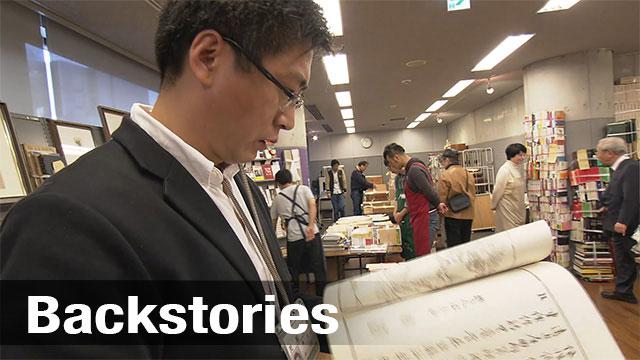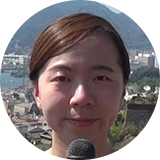Tokyo's Treasure Trove of Classical Chinese Books
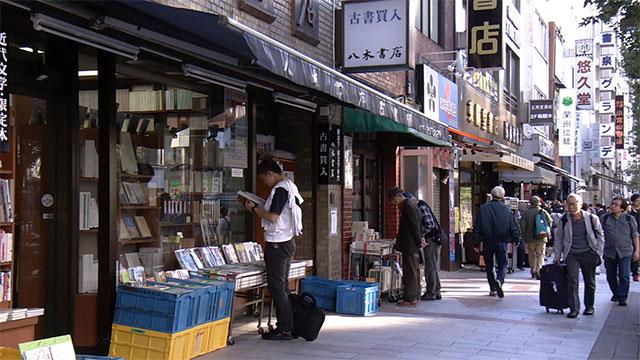
Tokyo’s Jimbocho district is a book lover's paradise. The area is home to more than 150 secondhand shops. And among the titles that can be found here are rare volumes from China.
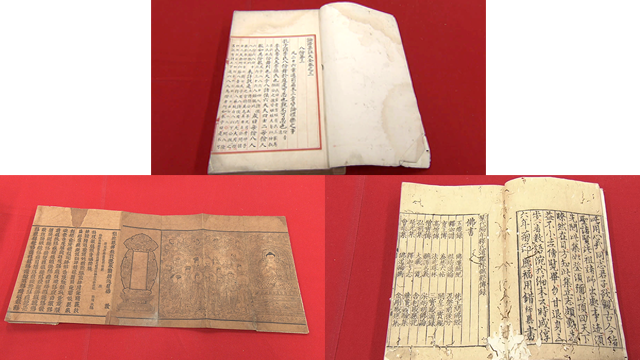
China is known as the country that invented paper and, fittingly, it has a rich history of books. Japan has had a relationship with China since at least the seventh century, when it started sending missions there. Chinese books have been brought to Japan ever since. Many of the volumes now sold in Jimbocho cannot be found back in China.
Past and present of Chinese literature
Decades of war and political turmoil had a devastating effect on Chinese literature. For example, many books were burned during the Cultural Revolution.
But times have changed. A booming economy has led growing numbers of Chinese people to start collecting antique books--and to frequently travel to Japan to buy them.
Wu Zhongming is their contact in Jimbocho.
The man in Japan
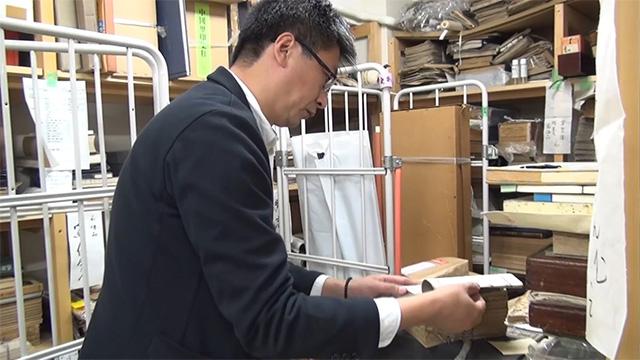
He was born in 1974 to a Japanese mother and Chinese father. He is from Liaoning Province, which until 1945 was part of the Japanese puppet state of Manchukuo, home to about 1.5 million Japanese people. But after the war, thousands remained in China.
Wu's mother was one of them. The family finally moved to Japan in 1993.
Wu was introduced to the bookshops of Jimbocho by his father, Wu Guangwei, an avid reader.
"This isn’t just a business," he says. "It’s a way for me to cherish books–-something I learned from my father."
He named his store Guanghe in tribute to his father, who passed away 8 years ago. It uses a character from his father’s name, guang, and the character he, which means “peace” in both Japanese and Chinese.
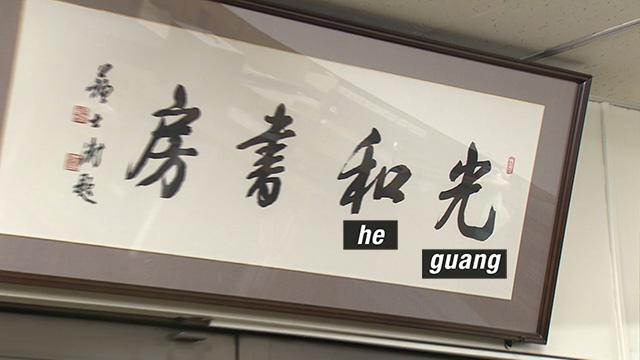
Chinese buyers in Jimbocho
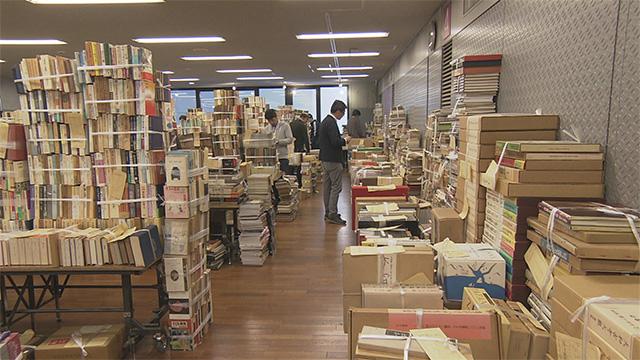
They are mostly bought at the auctions held in Jimbocho every weekday. Though only registered domestic bookstore owners can make bids, Chinese visitors can make purchases through dealers like Wu.
The auctions are conducted in a unique style. Bids are put in envelopes and the book goes to whoever makes the highest offer.
At the annual winter auction last November, over 400 Chinese classics were on sale. It is the biggest China-related auction in Japan and every year attracts some of the highest profile collectors in the field. These days, dealers say it seems as if half the purchases are made by Chinese buyers.
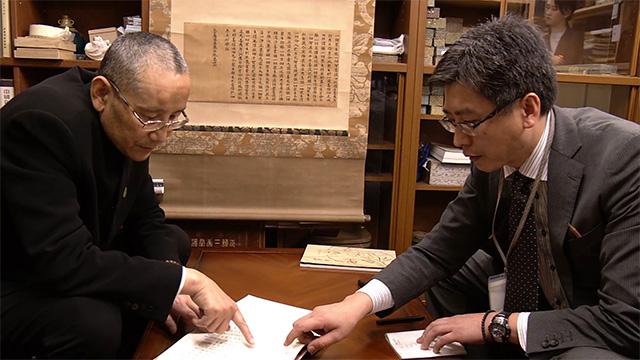
Song Jun is a regular customer of Wu’s. He is a businessman who owns resorts in Inner Mongolia.
This year, Song visited Japan as usual to give Wu a wish list of the titles he wanted from the auction.
He requested 11 books, related to ancient astrology, divination and calligraphy. Song said he had complete faith in Wu. He said that's why all he does is pick the books, and lets Wu decide how much to bid.
Wu managed to get six of the items, including a 300-year-old scroll by a famous Qing Dynasty era calligrapher.
"I’m happy I can buy Chinese books that were taken from the country many years ago," Song says.
Communication through books never ends
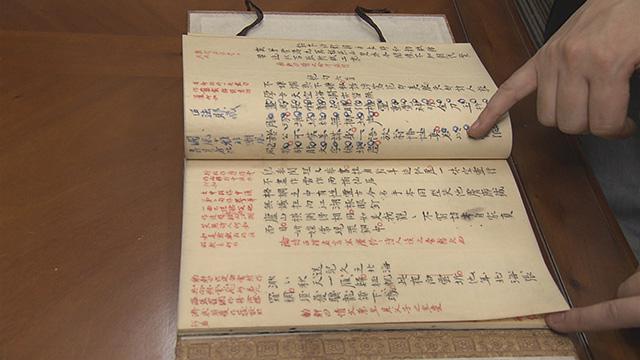
Wu tells me he also collects and sells Japanese books, including a manuscript of a poem written in 1918 by a Japanese scholar with handwritten comments from a famous Chinese calligrapher. He says items like this show the long history of exchange between the countries.
"I was born in China and now I own a bookstore in Japan. I want to find more books that represent the centuries of cultural exchange and deep friendship between these nations. That's what I hope to do with this store."
For Wu, selling books isn't just a business. It's a way of bringing the two countries he considers home closer together.
